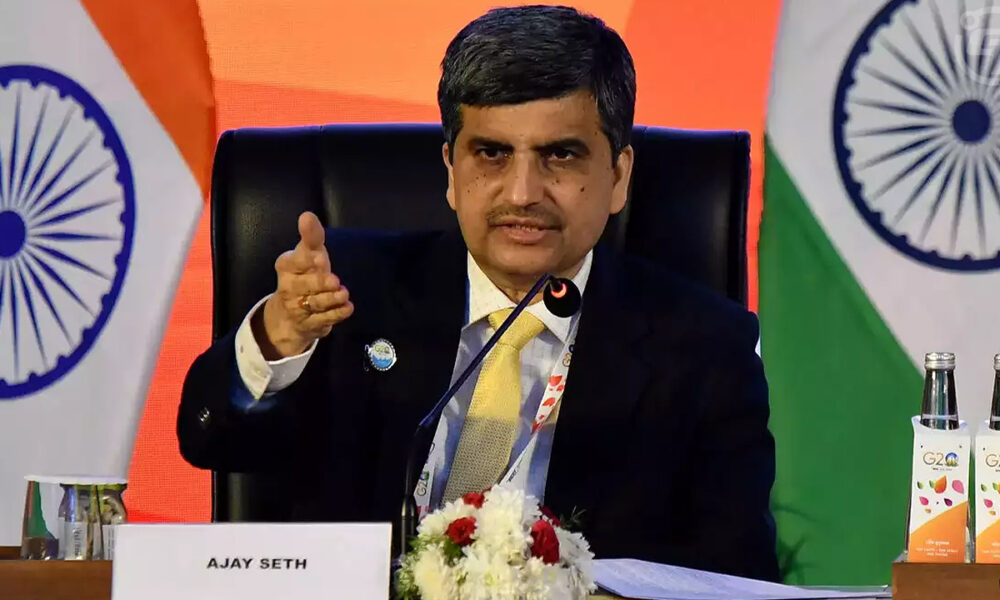Regulation
India to unveil cryptocurrency policy discussion paper by September

India is set to unveil a discussion paper on its cryptocurrency policy by September, according to Economic Affairs Secretary Ajay Seth, to seek feedback from relevant stakeholders on proposed regulations for the growth of the cryptocurrency market.
Seth pointed out that currently, cryptocurrencies in India are regulated primarily through anti-money laundering (AML) and counter-terrorism financing (CTF) measures. However, the scope of regulation could potentially expand, as detailed in the upcoming discussion paper.
“Should the mandate be broader? What should the policy position be? All of this will be set out in the discussion paper,” Seth noted.
The policy paper is intended to launch a public consultation process, inviting input from stakeholders. “The policy position is about how do you consult with relevant stakeholders? So it’s about coming out and saying, ‘Here’s a discussion paper, here are the issues,’ and then stakeholders will provide input,” Seth explained.
In March 2023, India extended AML and CTF standards to crypto assets and intermediaries, marking a significant regulatory milestone. The upcoming document is being prepared by an inter-ministerial group, comprising the Reserve Bank of India (RBI) and the Securities and Exchange Board of India (Sebi). Seth confirmed that this group is working diligently to develop a comprehensive policy framework for cryptocurrencies.
This decision follows Sebi’s recommendation to several regulators. to supervise cryptocurrency tradinga stance that reflects a growing openness to private virtual assets. However, the RBI has maintained that private digital currencies pose macroeconomic risks.
India’s initiative to release a discussion paper is in line with international guidelines. During India’s G20 presidency, member countries approved the IMF-CSF synthesis documentwhich advises against a blanket ban on crypto activity, citing law enforcement concerns.
Thinking about the Adoption of the G20 roadmap “The roadmap provides a good framework for how each country should assess the risks to its economy and what it sees as a potential use case,” Seth said.
In India, cryptocurrencies have operated in a turbulent regulatory landscape. In April 2018, the RBI banned financial intermediaries from dealing with cryptocurrency users or exchanges, a ban that was overturned by the Supreme Court in 2020. Although a bill proposing a ban on private cryptocurrencies was drafted in 2021, it has yet to be introduced.
As the release of the discussion paper approaches, the future of cryptocurrency regulation in India stands at a critical juncture, with stakeholders eagerly awaiting the government’s next steps.
